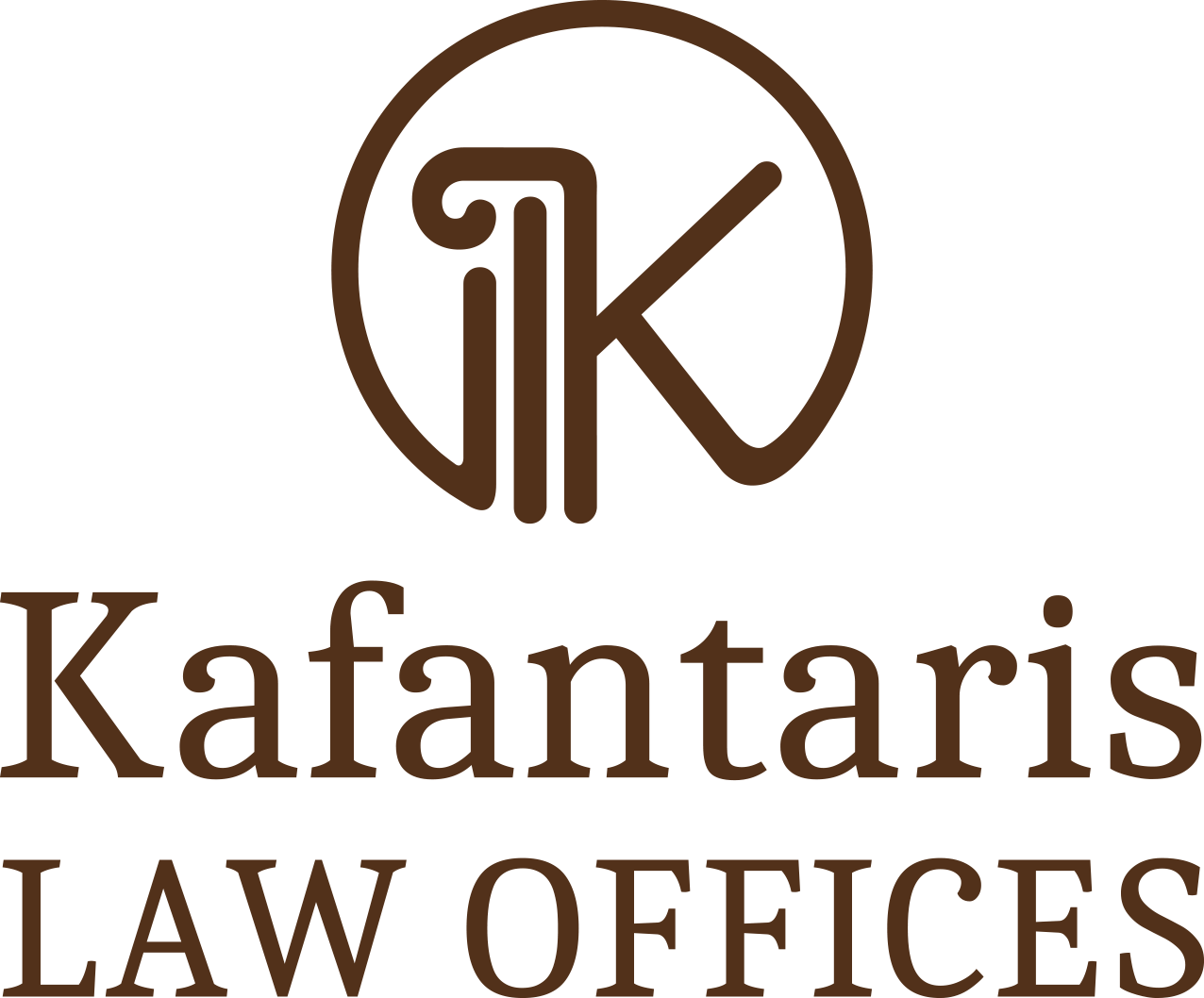A way out.
A fresh start.
For nearly twenty years, Mark has helped ordinary people who find themselves caught in difficult financial circumstances file for bankruptcy relief.
Bankruptcy is oftentimes the only effective and reliable way to rebuild financial lives torn apart by job loss, disability, illness, unexpected tragic circumstances, insurmountable credit card debt, payday loans, medical bills, and unwieldy monthly home mortgage payments.
Decide to get out of debt and take control of your financial life. Call us today for a free no hassle consultation.
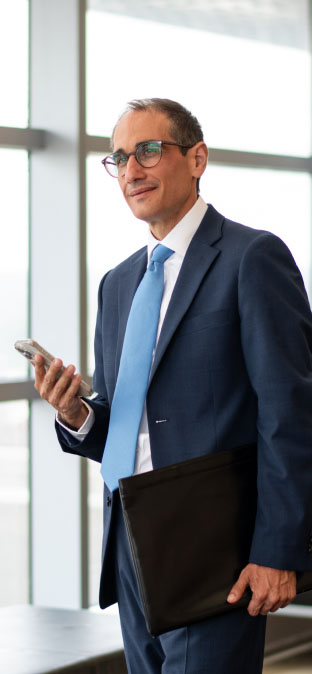
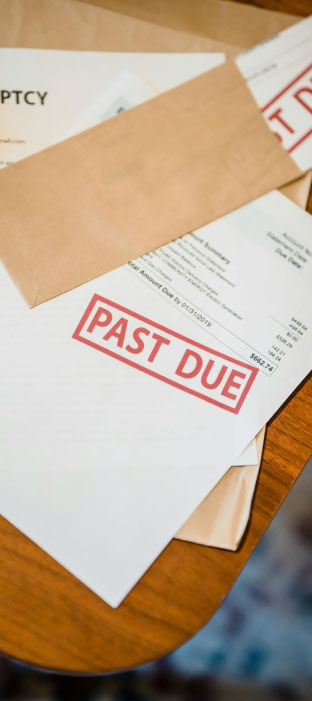
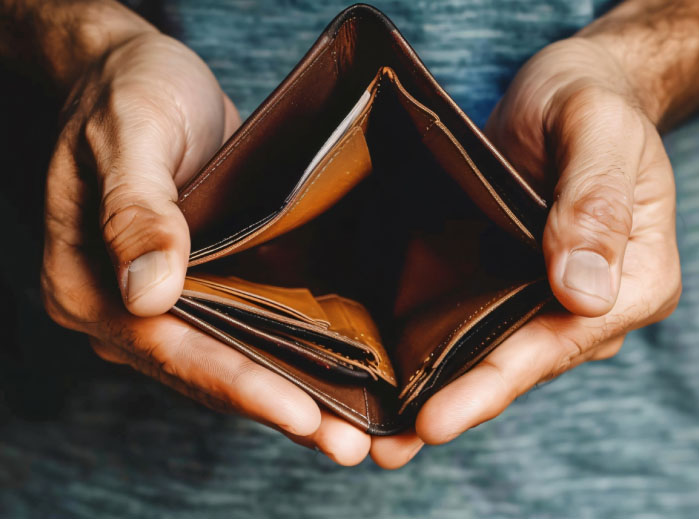
End the stress and take back control of your financial life
Chapter 7 bankruptcy can stop foreclosures, car repossessions, lawsuits, wage garnishments, and harassing collection calls dead in their tracks. It also eliminates your obligation to pay most debts. These collection activities can feel overwhelming. Bankruptcy allows you breathing room to take back control of your financial life.
Is bankruptcy right for me?
While Chapter 7 Bankruptcy can be incredibly helpful, it may not be the right fit for everyone. That’s because each individual’s financial situation is unique. Some folks may make too much money to qualify for a Chapter 7 bankruptcy. Others may have filed a previous bankruptcy too recently. And while most of our clients are able to retain all of their assets in a Chapter 7, some might lose certain possessions in a Chapter 7 that they may not be ready to part with. Mark has consulted with thousands of people in Central Ohio over the years and can help you decide whether bankruptcy is right for you.
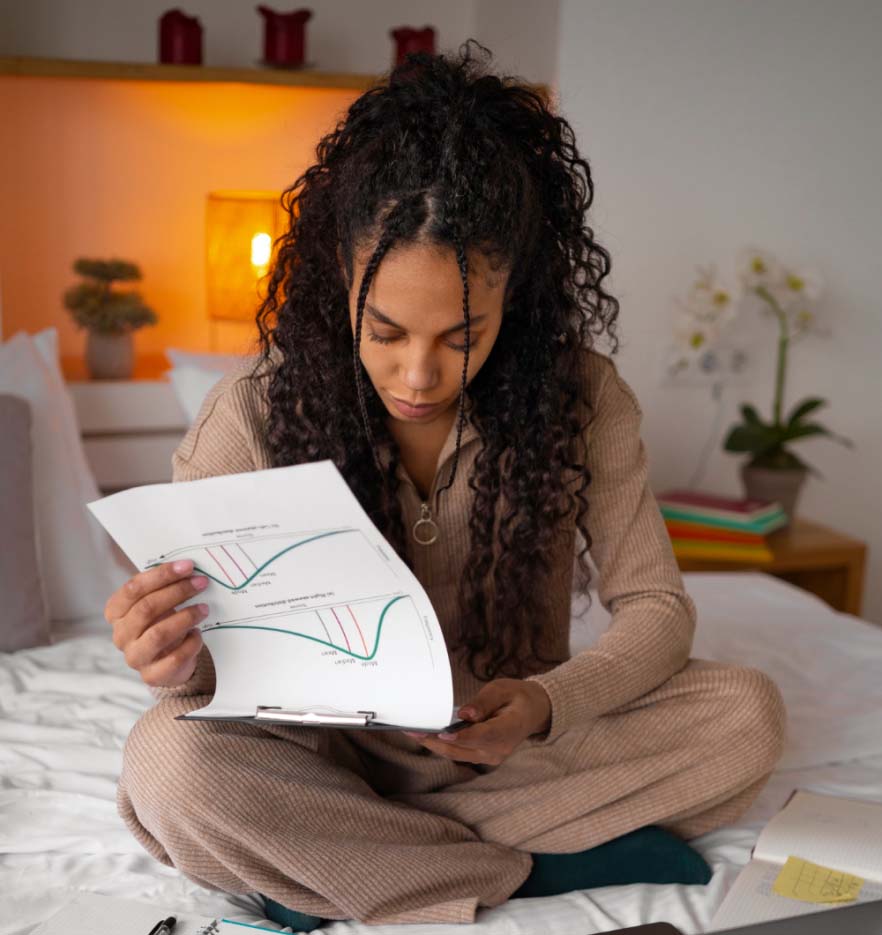





Mark’s Path to Bankruptcy Law
Mark’s passion for the law began at an early age while working at the family law office next door to his childhood home. He fondly recalls entering bills in the bankruptcy software, copying and collating bankruptcy petitions, and seeing the satisfaction when the bankruptcy clerk stamped each of them with a red “Order for Relief” stamp, which was the symbolic “automatic stay” that is so meaningful to debtors.
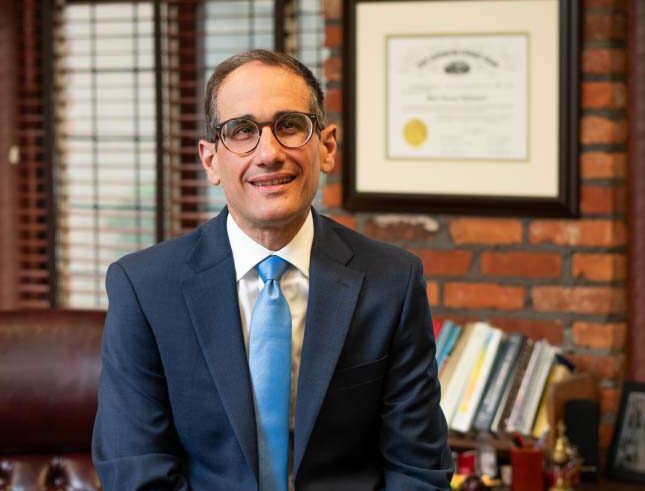
At age 12, Mark was hooked. He knew that he wanted to become a trial lawyer. He took classes year round at The Ohio State University in an effort to shave a year off his undergraduate degree. Mark did the same while at Capital University Law School and managed to finish in a record two-and-a-half years after successfully petitioning the school to change its three-year residency requirement. He received his Juris Doctor with high honors. A freshly licensed attorney at the ripe age of 23, Mark left his job at the Columbus Prosecutor’s Office, and hung his shingle in Columbus, Ohio.
With nearly 20 years of dedicated experience in bankruptcy cases, Mark has helped scores of clients get their fresh start. Let Mark put his lifelong passion and experience to work for you. You will feel relieved that you did.
3 Simple Steps Toward Debt Relief
Let’s take control of your financial future with a personalized plan designed to stop your creditors in their tracks. Don’t wait—start your journey to a debt-free life in just three easy steps.
Step 1:
Book Your Free Consultation
Schedule a free call with me, a lawyer dedicated to helping people like you conquer debt. We’ll find a time to chat and get started on turning things around.
Step 2:
Tell Us Your Story
Share your financial challenges and your goals for the future. We’ll listen carefully and keep everything confidential as we craft the best solution for you.
Step 3:
Let Us Handle the Rest
Once we’ve gathered the details, you can relax while we create your customized path toward debt relief and a brighter financial future.
What Should I Do Now?
The first step is to give us a call so that we can evaluate your unique circumstances and see if bankruptcy is a good fit for you and your family. We’ll then have a judgment-free meeting that will hopefully put you at ease about your path to financial freedom. If you qualify for a Chapter 7 bankruptcy, you just need to relax and let us take the lead in getting your fresh start underway.
Frequently Asked Criminal Defense Questions
What is bankruptcy?
Bankruptcy is a proceeding under federal law that allows partial or total relief from the repayment of your debt. The relief initially comes in the form of an “automatic stay” order effective immediately when your case is filed. This automatic stay stops most creditors from commencing or continuing collection action against you. The bankruptcy stay is so pervasive that it sometimes requires creditors to return recently repossessed property to you.
At the end of the case, the Court grants a discharge eliminating your responsibility to pay certain debts.
Who can file for Bankruptcy?
An individual, a partnership, or a corporation may file a Chapter 7 bankruptcy.
- Marital Status: You may file your petition jointly with your spouse or separately regardless of marital status.
- Prior Bankruptcy Voluntarily Dismissed: If you filed a bankruptcy petition that was voluntarily dismissed by you, you may need to wait until six (6) months has elapsed to file a second petition.
- Prior Bankruptcy Discharge: If you received a Chapter 7 discharge, you may not petition the Bankruptcy Court again for relief under Chapter 7 until eight (8) years has elapsed since the prior case’s filing. You may, however, file a Chapter 13 petition after a Chapter 7 discharge within four (4) years of the prior case filing or discharge, as the case may be. Conversely, a prior Chapter 13 discharge precludes you from filing a Chapter 7 petition within six (6) years of the prior case’s filing date. Alternatively, you only need to wait two (2) years from the prior Chapter 13 filing date to seek a second Chapter 13 discharge.
Residency: You must be a resident of the federal judicial district in which you reside for at least 180 days before that district’s Bankruptcy Court is considered the proper forum to entertain your petition.
What happens after the case is filed?
As soon as we file your petition, the Bankruptcy Court will automatically issue an Order prohibiting your creditors from pursuing any and all collection efforts against you. Please note, however, that it takes a few days for the Court to print and mail the formal notices to your creditors such that you may still be contacted in the interim period. If this is the case, simply tell the creditor you have filed bankruptcy; provide them with your case number and our telephone number (614.223.1444); and direct all future inquiries to our office.
The Court will schedule a “341” Meeting of the Creditors within 30 to 45 days after the petition is filed. Since the Covid pandemic, the creditor meetings are conducted virtually by Zoom at our office. As you might expect, it is mandatory that you appear together with us at this meeting to be examined by the Trustee under oath about your case. These meetings usually take no longer than ten (10) minutes. We are with you during the exam to assist in any way we can. Though your creditors are welcome to attend the meeting, they usually do not. Unless objections are filed or other issues arise in the case, the 341 meeting is the usually the only time you must come to Court before receiving a discharge, which is typically issued by the Bankruptcy Court approximately seventy (70) days after the 341 meeting.
When do I get relief from my creditors?
The Bankruptcy Code prohibits your creditors from contacting you or otherwise collecting against you as soon as they receive notice that your case has been filed with the Court. Creditors are specifically precluded from contacting you at either your home or place of work. Please note, however, that it takes some time for the Court to print and send the notices to your creditors. Simply inform any creditor that contacts you in the meantime that you have filed bankruptcy; provide them with your case number and our phone number (614.223.1444); and direct any future inquiries to our office.
Of course, creditors are always able to legally collect against you in the time before your case is filed. If you are concerned about your exposure to creditors during this time, you may wish to inform your creditors that you have retained our office in connection with a bankruptcy case. It has been our experience that most creditors will stop harassing phone calls when they verify through our office that you have in fact retained us; however, you may not inform creditors that you have retained our office until we have executed a fee agreement and formally commenced representation in your case.
What debts are not dischargeable?
Bankruptcy allows you to obtain a discharge of your debts and allows a fresh start. However, certain types of debts are not dischargeable such that you are still obligated to repay them after your case is concluded. These debts include the following in Chapter 7 cases:
- Depending on your circumstances, debts not listed in the schedules are generally not discharged. Accordingly, it is imperative that you list all of your creditors. In some limited instances, however, overlooked debts not listed in the Petition may be considered discharged if no creditors received proceeds from a liquidated asset of your bankruptcy estate. See In re Madaj, 149 F.3d 467 (6th Cir. 1998).
- Certain taxes, including funds borrowed and used to pay taxes.
- A claim based upon money, property, services, or credit obtained by fraud or false pretenses (e.g., a false financial statement used to obtain credit or charges incurred on a credit card with no intention to repay them).
- Consumer debts in excess of $600 for luxury goods or services to a single creditor, incurred within ninety (90) days of case filing.
- Cash advances in excess of $750 under an open end credit plan made within sixty (60) days of the case filing.
- Alimony, child support, and marital debts arising out of or in connection with a separation agreement or domestic court order.
- Damages for willful and malicious injury.
- Certain governmental penalties and fines.
- Educational loans, except in cases of prolonged and severe hardship. Please note, however, that undue hardship is a very difficult standard to meet.
- Any debt for death or personal injury caused by the unlawful operation of a motor vehicle, vessel or aircraft while intoxicated.
- Loans from retirement accounts and federal thrift savings accounts.
- Debts for violations of federal and state securities laws or common law fraud, deceit or manipulation in connection with the purchase or sale of a security.
- A debt for fraud or defalcation (dishonesty) while acting in a fiduciary (trust) capacity, embezzlement or larceny.
How is your law firm different from others?
Unlike some other bankruptcy practices, our office gives each and every client a free consultation with Mark – the attorney that will be handling your case. Our services are tailored to your specific financial circumstances to ensure you are receiving the maximum relief available to you. In addition, we encourage our clients to call the attorney directly throughout the course of the representation with any questions they may have along with way. We recognized that this is a novel experience for our clients and strive to do all we can to make this complicated process as understandable as possible.
We are also mindful of the financial circumstances that brought you here in the first place. Accordingly, we do all we can to keep overhead costs as low possible. We trust that our clients are pleased with these efforts as they are ultimately passed on to them through our reasonable fees.
What do you charge and when must it be paid?
Our base attorneys’ fees are reasonable and depend on the complexity of your case. In any event, we cannot file your Chapter 7 case until the entire fee is paid along with the Court’s filing fees, which are currently set by the United States Judicial Conference at $338 for Chapter 7 cases.
Please call our office to schedule a free consultation so that we may review your particular financial circumstance and determine the best course of action for you and your family.






